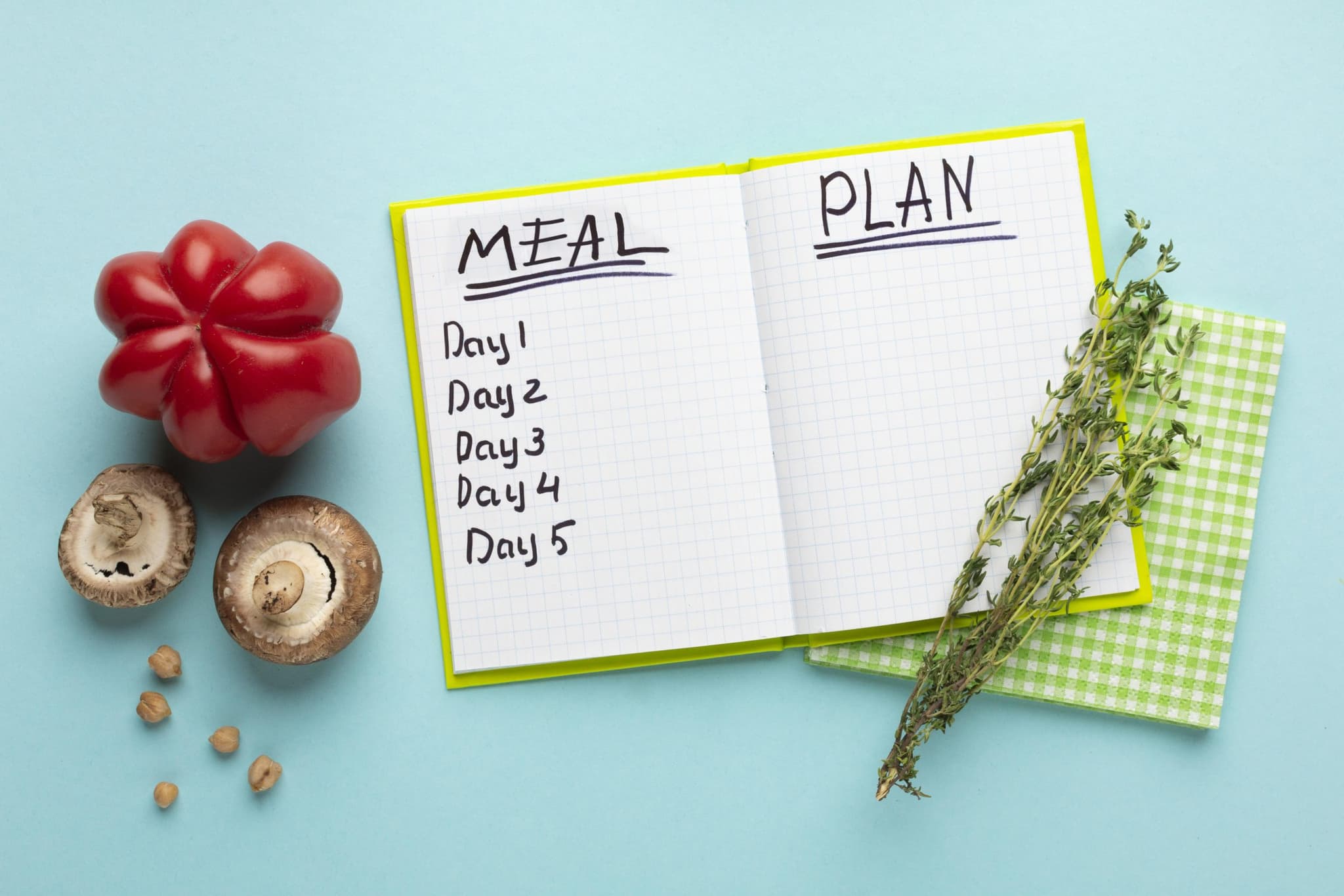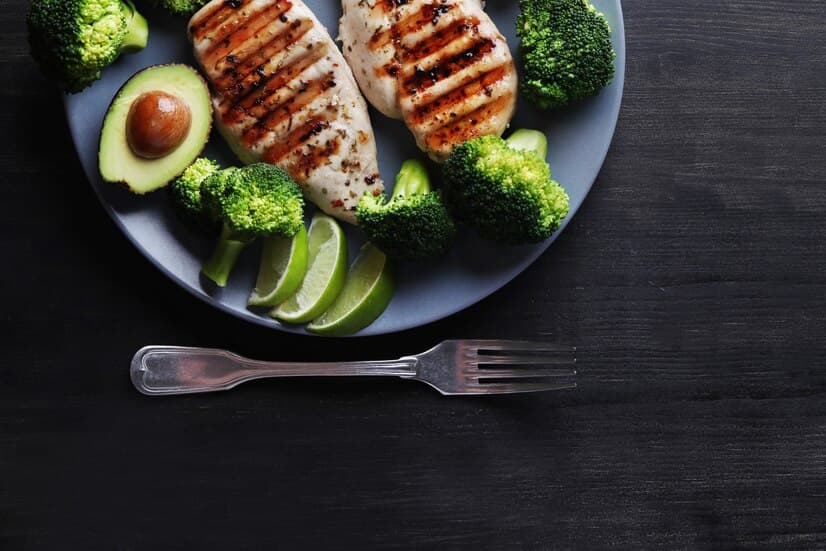Back to blog
Pros and Cons of the Atkins Diet

The Atkins diet is a low-carb diet that has proven effective in losing weight for many who have tried it. Dr. Robert Atkins created this diet in the 1970s, and it has gained tremendous popularity over the years due to its distinctive approach and stages, which have shown excellent results in the weight loss process for many individuals. This article will take a comprehensive look at the Atkins diet's pros and cons.
About The Atkins Diet
The Atkins menu plan is about reducing carbohydrate intake while increasing protein and fat consumption. At first glance, it is similar to the Keto diet. Still, these diets differ from each other, as the basic principle of the Atkins diet is to limit carbohydrates without cutting them off entirely. However, in the first stage of Atkins, the body enters a state of ketosis, where it burns fat for energy instead of glucose without relying on carbohydrates. Then, carbohydrates are gradually included in the system until they become balanced. It is believed that this process helps people lose weight and improve their metabolic health.
Atkins Phases

This diet consists of four stages designed to contribute to losing weight gradually and healthily. These stages differ from each other, but they help in losing at least 6 kilograms or more within a month. Here are the most important things that each phase contains:
Phase One
This initial phase lasts at least two weeks and includes significantly reducing carbohydrate intake to about 20 grams daily. The primary goal is to kick-start weight loss and shift the body into ketosis. During this phase, dieters are encouraged to eat foods high in fat and protein, such as meat, eggs, and non-starchy vegetables.
Phase 2
In this phase, carbohydrates are gradually reintroduced into the diet, usually in the form of low-carb vegetables, nuts, and seeds. The goal is to balance the level of this diet while continuing to lose weight and enjoying more food options.
Phase 3
As weight loss progresses and the goal is approached, the focus shifts to preparing for a long-term balanced diet. Carbohydrates are increased further, but at a slower pace, to help stabilize weight and determine which carbohydrates can be consumed without causing weight gain.
Phase 4
This final phase is all about maintaining the weight that has been achieved and ensuring success over time. Carbohydrate intake is adjusted to a level that allows for stable weight, and dieters are encouraged to adopt healthy eating habits over the long term.
Pros

This diet is considered one of the most effective diets not only in losing weight, but also improves overall physical health and increases cognition and focus like other beneficial diets. Here are the most prominent benefits of this diet:
- Effective weight loss: many people find it helpful to lose weight effectively, especially in the early stages.
- Reducing hunger: foods rich in protein and fat can help reduce hunger and appetite, making it easier to stick to the diet.
- Improving blood sugar levels: some studies suggest that low-carb diets can help improve blood sugar control, which may be beneficial for people with diabetes or insulin resistance, however, you must always consult your doctor before starting any diet.
- Increases energy: by switching the body's energy source from carbohydrates to fat, some dieters report increased energy levels and better mental clarity.
Cons
There are some diets that may not be suitable for certain people, so you should always consult a nutritionist or your doctor and do the necessary tests before following any diet. Here are some things to consider on the Atkins diet:
- Nutrient deficiencies: the Atkins diet is a restrictive diet, especially during the first phase, which bans carbohydrates, and can also lead to deficiencies in essential nutrients, such as fiber, vitamins, and minerals.
- Possible side effects: as the body adapts to ketosis, some people experience side effects such as headaches, fatigue, and digestive problems, often referred to as the “keto flu.”
- Difficulty sticking to it: the restrictive phases of the diet can be difficult to maintain over the long term, and some dieters may have difficulty sticking to the diet or transitioning to other phases.
- Heart health concerns: the high amounts of saturated fat and cholesterol in the Atkins diet may raise concerns about heart health, although research on this is mixed.
Healthy Food Subscription
Looking for easy and effective ways to help you maintain your healthy diet even on busy and difficult days? If you answered yes, you can find the solution through the Calo app, which offers you a healthy meal subscription with a renewed menu that helps you stick to your diet effortlessly.
FAQ
Is dairy allowed on the Atkins diet?
The answer is yes.
What foods are prohibited on this diet?
- Sugars
- Fruits that contain high carbohydrates such as bananas
- Hydrogenated oils
- Legumes
- Rice
- White bread and pasta
- Processed beverages
The Atkins diet offers an approach to weight loss by focusing on eating low amounts of carbohydrates and increasing foods rich in healthy fats and protein. If you want to read more about other popular diets such as intermittent fasting and the Mediterranean diet, you can visit the Calo blog.








